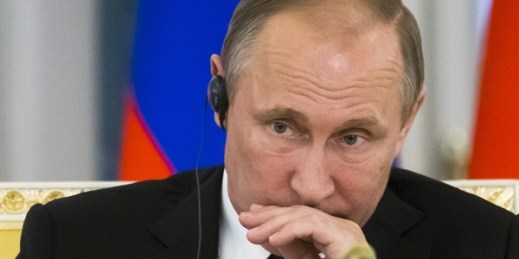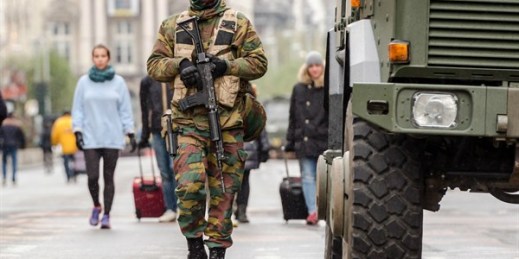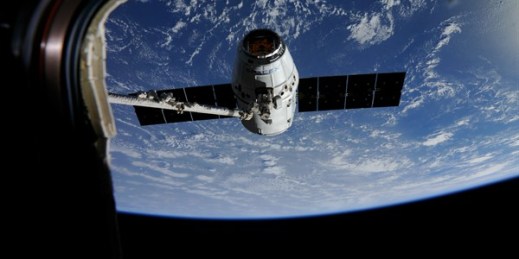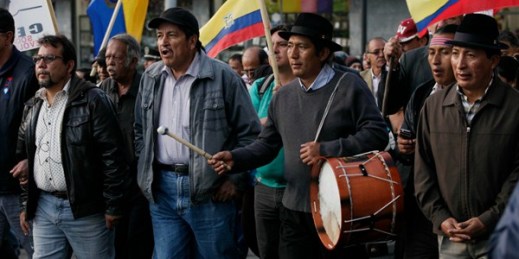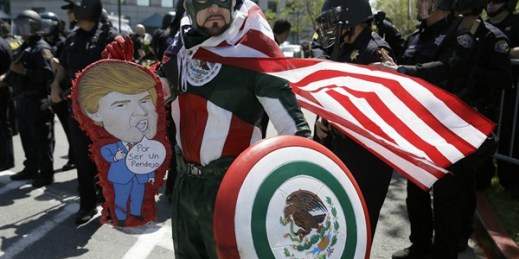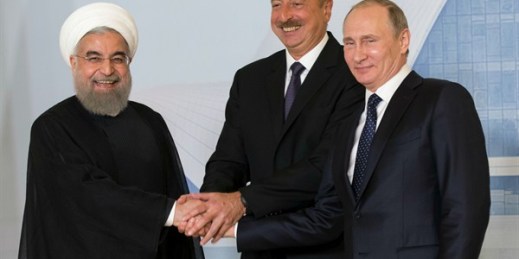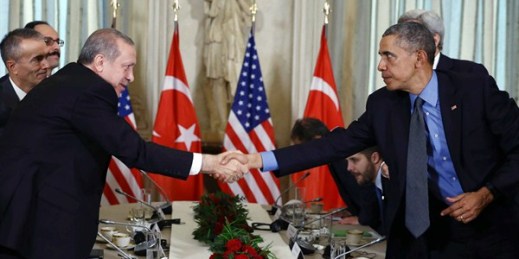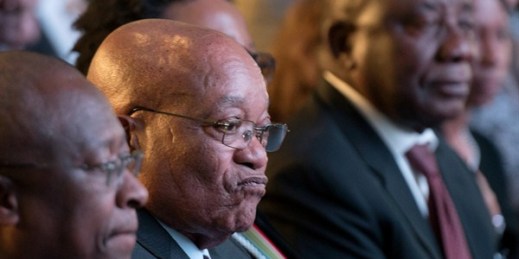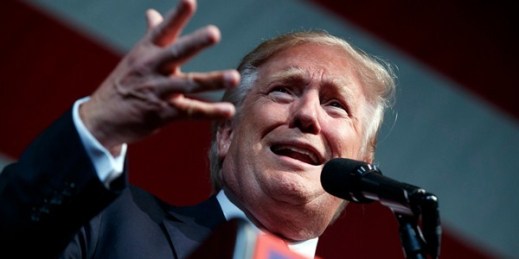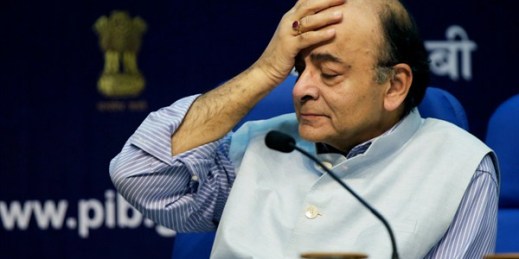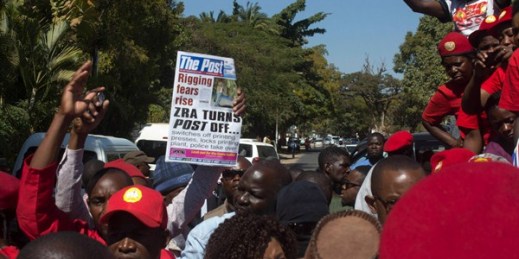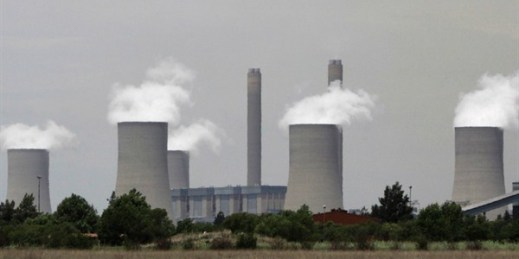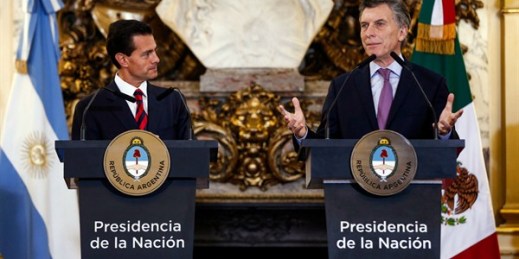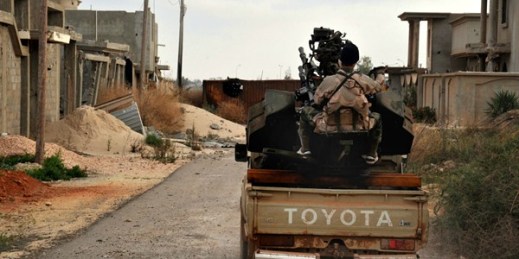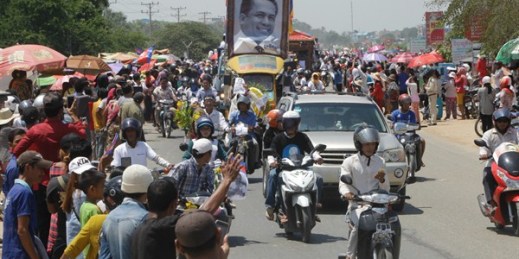
As Cambodia prepares for national elections in two years, its politics have veered dangerously out of control. Even though young Cambodians are demanding political alternatives and accessing more information outside of state media, the country’s transition toward two-party politics has collapsed. The government’s brutal tactics of the 1990s and early 2000s, when political activists were routinely murdered and opposition parties nearly put out of business, have returned. Young Cambodians may be left with no outlet for their grievances, creating a potentially explosive situation, especially given the promise of reform and dialogue just a few years ago. In 2013, the opposition […]

